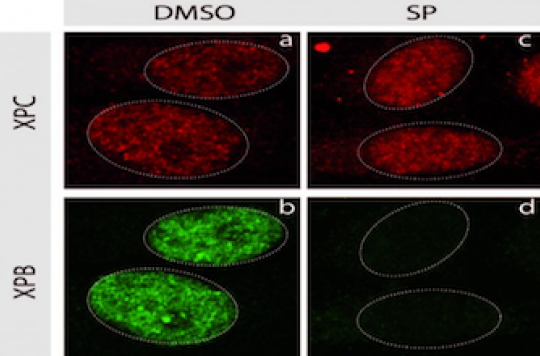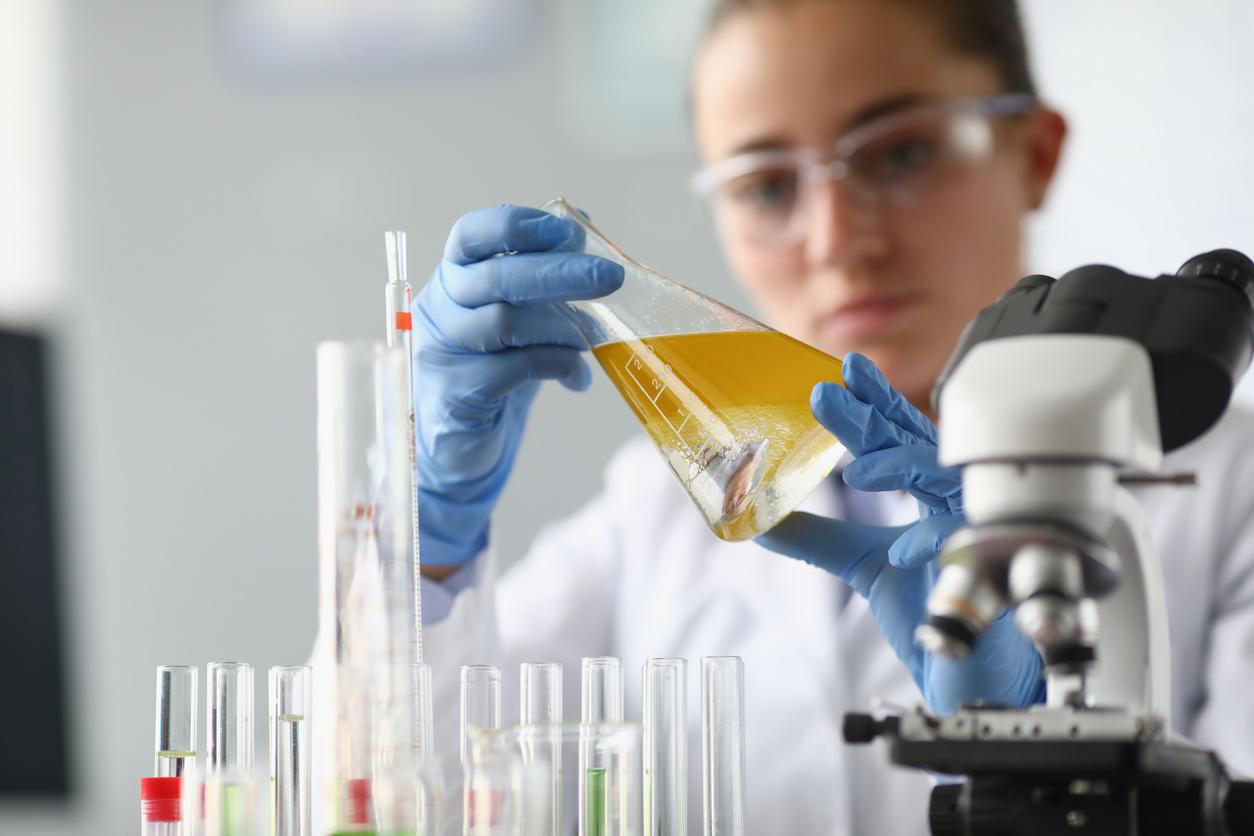A diuretic, spironolactone, is thought to improve the effectiveness of chemotherapy. It would block the natural repair mechanisms of the DNA of tumor cells.

Chemotherapies are anticancer treatments whose principle consists in inducing lesions in the DNA of tumor cells in order to inhibit their proliferation. However, in a natural way, the body tries to repair these lesions and thus decreases the effectiveness of chemotherapy. Blocking DNA repair mechanisms would therefore make it possible to potentiate chemotherapy by reducing the resistance of cells to treatment.
Based on this premise, researchers from the Institute of Genetics and Molecular and Cellular Biology (IGBMC) set out in search of the “miracle” molecule. The one that would improve the effectiveness of chemotherapy. And as such, they have discovered a molecule already known as a diuretic, spironolactone, which suggests its use in the very short term as an adjunct to chemotherapy. These unpublished results were published in Chemistry & Biology.
To arrive at this discovery, Frédéric Coin, research director at IGBMC and his colleagues tested nearly 1,200 therapeutic molecules and demonstrated the action of spironolactone, a molecule already used for the treatment of hypertension, on “Nucleotide Excision Repair” (NER) activity. This mechanism is able to detect a lesion and then replace the damaged DNA fragment with a healthy fragment.
Thanks to this diuretic, these French researchers have shown in particular that its combined action with that of platinum derivatives causes a significant increase in the deterioration of cancerous cells (cytotoxicity) of the colon and ovaries.
These scientists also point out that spironolactone has other benefits. “It is already in use and does not require a new marketing application and its side effects are already known. This result therefore suggests the rapid development of new chemotherapy protocols including spironolactone ”, the team concludes.
.















